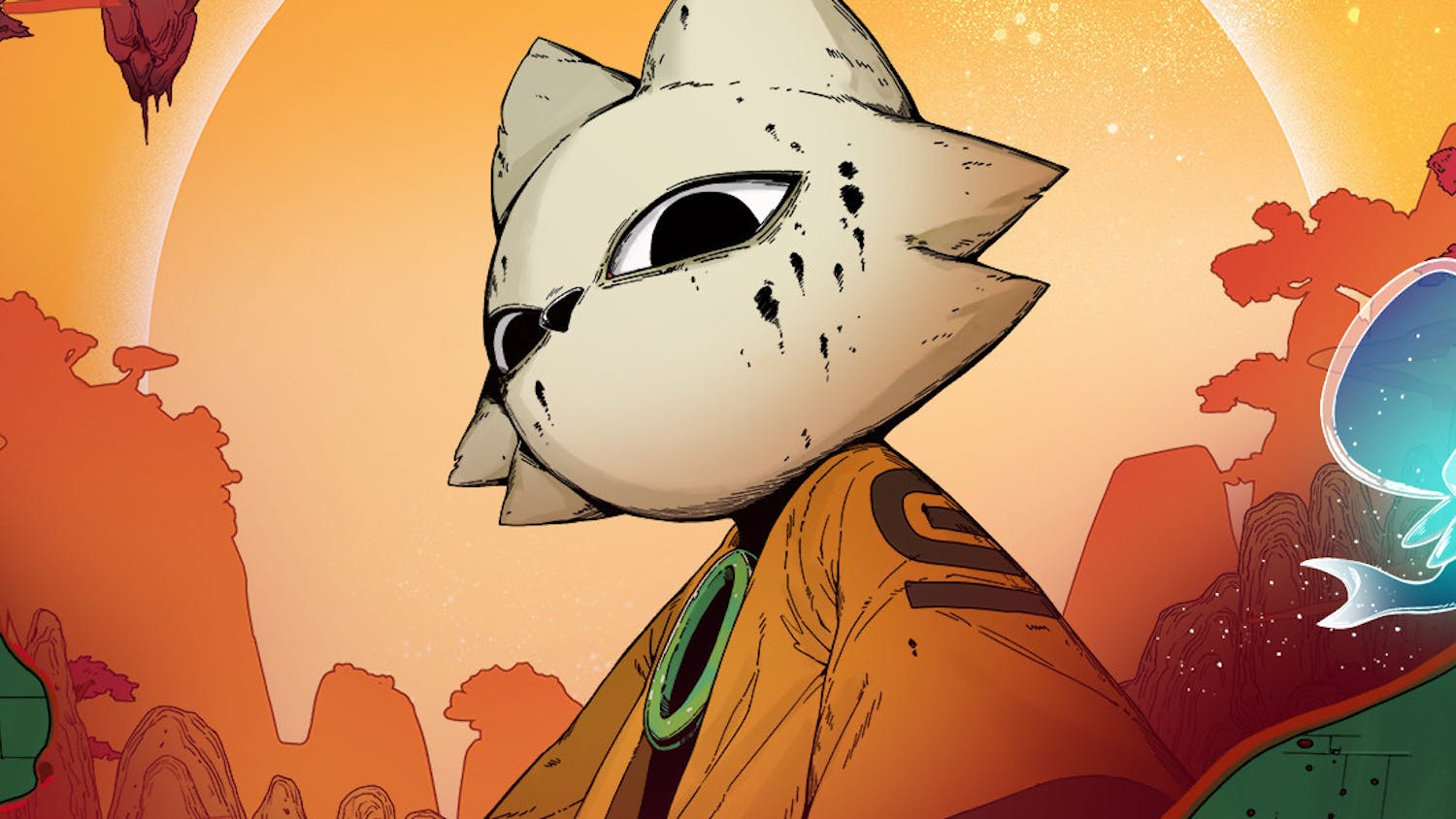Press X to “insert good deed here,” press B to “insert bad deed here.” These boring prompts seem to permeate nearly every genre of game nowadays. The prevailing belief is that if developers add choice, their game will immediately morph into something tasteful that tests the moral fiber of its audience.
I’m all for instituting player choice. The more ways an individual can interact with a game’s systems and craft an individualistic tale, the better. The main issue is that these choices become preordained so early in a play through that they hamper the emotional impact and sense of authenticity for the rest of the experience.
Assuredly some gamers will play through a title, making choices on a purely individual basis. The vast majority however, will typically decide they want to be a renegade or paragon early on in their play through effectively eliminating organic decisions determined by the particular situation.
“Mass Effect 3” is a prime example. I chose to play mainly as a renegade and although I utilized the occasional paragon option, most of my choices were dictated by this decision made almost 3 years earlier when I first played “Mass Effect.” Not only does this destroy any spontaneity, it also significantly lessens my investment in the narrative as a whole.
While this may sound like player error, the problem stems from the developers crafting specific endings or gameplay elements that generally fall into two narrow and opposed tracks. These moral quandaries breed specific payoffs down the line, but personally I oftentimes straddle the line between these two disparate parts if I examine each decision from an individual standpoint.
“Bioshock” ties an integral game currency to the black and white moral decisions present in the game. If I sacrificed precious “little sisters,” I would acquire a far greater reward than if I let them go. I destroyed every single one I found. In reality I would never sacrifice them, but the game’s systems forced my hand into a decision driven more by gameplay than personal contemplation.
People can certainly make the argument that is the point of the choice: forcing players to decide whether money or life is more valuable. I thought the opposite, and by pigeonholing me into a particular track I didn’t necessarily want to follow, none of the decisions felt personal or impactful. Instead, they felt like hollow button presses eventually paying off with an incredibly underwhelming cut-scene.
I wish more games instituted the gray area between the two tracks, a concept probably best exemplified by “Heavy Rain.” A unique game that relies mainly on tedious button inputs, “Heavy Rain” has one of the most robust, organic senses of choice in any game.
“Heavy Rain” never made me feel like there was a particular path I had to take for the sake of gameplay. The existence of legitimate relationships formed throughout the game combined with the fact that these in-game character dynamics can actually mold my specific choices makes for a far more compelling gameplay hook than hitting X because I want my character to have some cool looking, illuminated scars.
Although “Heavy Rain” is worthy of the praise above, it sticks to the game industry’s slavish devotion to overt onscreen prompts that obliterate true immersion. Every game’s visual language is vastly different and the onscreen indicators certainly work in games like “Mass Effect” or “The Walking Dead,” where such prompts are an integral part of dialogue.
That doesn’t mean the developer’s choice to splay this obvious dichotomy onscreen is prudent. “Spec Ops: The Line” still illustrates to the player they’re in a decision-making situation but breaks away from industry standards by leaving it up to the player to discover numerous approaches to a particular scenario.
At one point in the game, a government agent is crawling away from the main character. Players assume control to either kill the man or allow him to gradually escape and rappel to safety. This is a basic choice, but one that feels far more satisfying simply because it allows the player to discover their options independently of obtuse onscreen prompts.
There is certainly no obvious example of how best to integrate morality into video games. Indeed, few games have actually made me question my moral decisions by virtue of their potential ramifications down the road. Life is very rarely black and white; it’s time for video games to quit staring at the two most boring ends of the spectrum.
Think the one-two punch that Adam finds lame is actually the bomb? Let him know at arparis@wisc.edu





